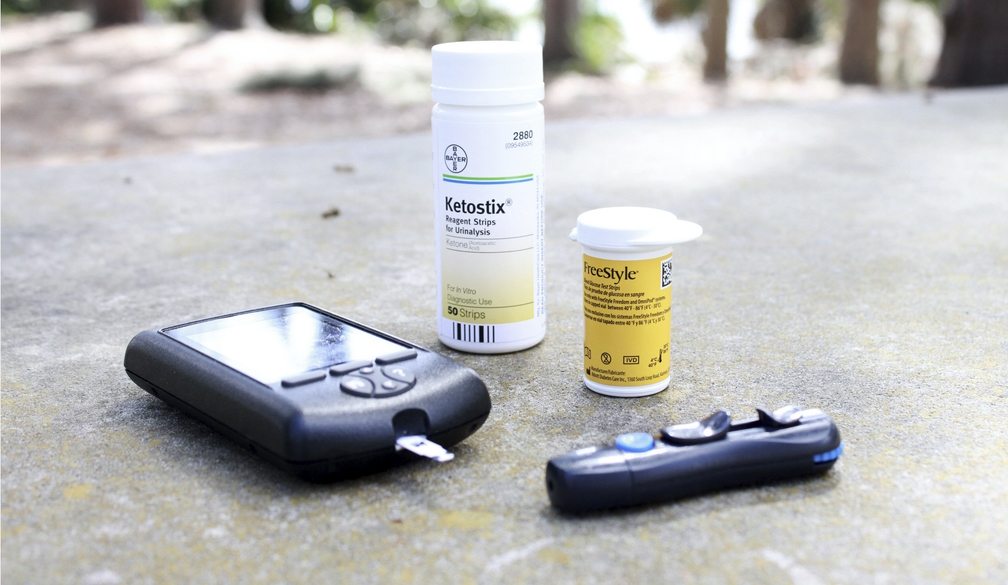Tax and your private healthcare
- Written by Mark Chapman, Director of Tax Communications at H&R Block

The world of tax and the world of healthcare are more closely connected than you might think. In relation to public healthcare, that seems obvious – one of the main areas your taxes pay for is the public health system. But the tax system is also used to encourage people out of the public health system. It does this by charging a tax supplement (on top of the normal 2% Medicare levy) on high-income earners who don’t have private health cover. This is called the Medicare Levy Surcharge (MLS).
If your income exceeds the relevant income threshold and you do not have an appropriate level of private patient hospital cover for the full year, you are liable to pay the surcharge. The income threshold that the surcharge kicks-in at changes depending on whether you are single or have dependents:
|
|
Base Tier |
Tier1 |
Tier2 |
Tier 3 |
|
Singles |
$90,000 or less |
$90,001-$105,000 |
$105,001-$140,000 |
$140,001 or more |
|
Families |
$180,000 or less |
$180,001-$210,000 |
$210,001-$280,000 |
$280,001 or more |
|
Medicare levy surcharge rate |
0% |
1% |
1.25% |
1.5% |
For families, the income thresholds increase by $1,500 for each dependent child after the first.
There is a special definition of income for working out the MLS. As well as your taxable income (such as income from your job, business or investments), other items are included such as reportable fringe benefits, reportable super contributions, and net investment losses (such as losses from negatively geared investment properties).
In order to avoid the surcharge, you must have the appropriate level of cover. For singles, that means a policy with an excess of $750 or less. For couples or families, it means an excess of $1,500 or less.
Cover for ‘extras’, such as optical, dental, physiotherapy or chiropractic treatment, is not private patient hospital cover. Buying cover for those items only will not exempt you from the surcharge.
In addition, travel insurance and cover provided by an overseas health fund is not private patient hospital cover for the purposes of the MLS.
Tax Tip: Beware health funds that try to sell you health cover plus extras to avoid the surcharge. The extras might be worth having from a health perspective, but they won’t impact on the surcharge.
Tax Tip: Don’t be fooled by marketing material from some private health providers advising you take out health cover before 30 June to avoid the surcharge. The way the rules work, if your income exceeds the threshold and you don’t have appropriate private cover for the whole year, you’ll pay the Medicare levy surcharge up to the date you took out the policy. So, if you get near the end of the financial year and you don’t have health cover, it’s already too late to totally avoid the surcharge this year. You will get a tax saving through avoiding the surcharge but only for the days between taking out the cover and the end of the financial year (which could be minimal if you leave it until the end of the year). You will, of course, get a full tax benefit in the next financial year. If you don’t have cover yet, take it out as soon as possible in the tax year.
Tax Tip: If you get married during the year, the family thresholds apply from the date you get married to the date you take out the appropriate health cover.
Tax Tip: To get help, speak to one of our experienced tax agents at H&R Block by calling 13 23 25 today or book an appointment at your nearest office.









